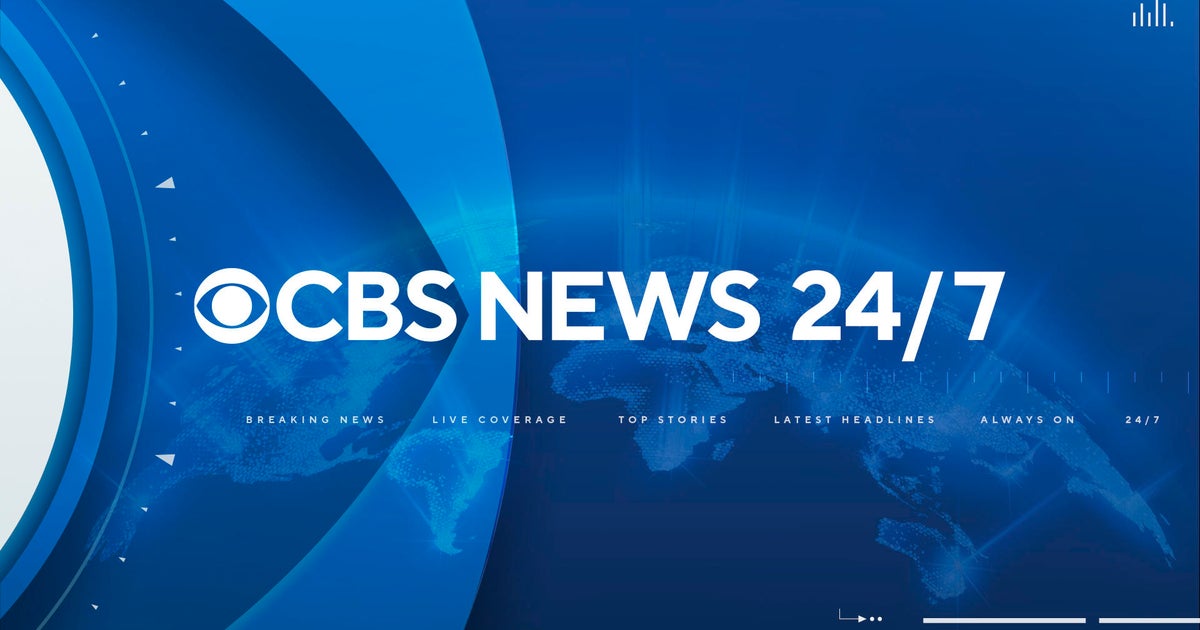News Recap: Essential Stories from Worldwide
News Recap: Essential Stories from Worldwide
Blog Article
Navigating the News Landscape: Tips for Finding Credible Info
In an age where info is bountiful yet often undependable, navigating the information landscape with discernment is vital. Developing the credibility of sources is the initial step, as understanding the qualifications of authors and the credibility of their publications can significantly impact the quality of information taken in. Recognizing prejudices and cross-checking realities are crucial techniques for cultivating educated viewpoints - news. As we think about these methods, one need to doubt how to efficiently implement them in today's rapidly advancing media atmosphere-- an exploration that might disclose more than anticipated about our involvement with news.
Assessing Source Integrity
Assessing resource reliability is crucial for guaranteeing the integrity of information in an age noted by details overload. As individuals browse numerous forms of media, from electronic articles to social media networks, critical reputable resources comes to be critical. Secret factors to think about when examining resource reliability consist of the authority of the writer, the magazine's credibility, and the evidence given to support insurance claims.
First, take a look at the writer's qualifications and competence in the subject issue. Writers with relevant academic or expert histories are more probable to offer trustworthy understandings. Next off, think about the magazine's reputation; established media outlets normally abide by journalistic criteria and fact-checking methods, making them extra reliable.
Additionally, analyze the quality and significance of the proof provided. Legitimate resources commonly point out peer-reviewed researches, specialist meetings, or official statistics, which reinforces their claims.
Cross-Checking Info
Cross-checking details is an important technique for validating the accuracy of cases and avoiding the challenges of misinformation. This procedure involves contrasting information from several trusted resources to determine its validity.
To properly cross-check information, it is vital to utilize varied resources, including developed information organizations, scholastic journals, and specialist viewpoints. Each resource might provide a special perspective or extra context that improves understanding. Pay interest to the magazine days of the details being evaluated, as updates or modifications might have been released.
Additionally, consider the context in which info is provided. Seek substantiating evidence, such as data, meetings, or direct accounts, that offer reputation to a claim. Beware of mind-blowing headings or psychologically billed language, as these can show an effort to adjust assumption.
Recognizing Bias and Perspective
Understanding bias and perspective is essential for navigating the complex landscape of information. Every piece of news is filteringed system via the lens of the writer's experiences, ideas, and affiliations, which can substantially shape the narrative presented. As customers of additional info info, it is important to acknowledge these biases, as they can cause distorted assumptions of reality.

It is additionally crucial to acknowledge your very own predispositions. Personal ideas can influence just how you interpret details, making it necessary to approach information with an important state of mind. Involving with diverse viewpoints can assist counteract personal biases, enabling a more rounded understanding of concerns.
Eventually, identifying predisposition and viewpoint in news coverage is not merely an academic workout; it is an important ability for informed citizenship in a democratic culture. By cultivating this understanding, people can make more official website educated decisions and add to a more nuanced public discussion.
Comprehending Fact-Checking Resources
Fact-checking sources play a pivotal function in critical the precision of information in an age noted by misinformation and sensationalism. These resources, that include independent companies and online platforms, are devoted to validating claims made by public figures, media electrical outlets, and social media messages. They utilize strenuous methodologies to evaluate the credibility of declarations, often citing original sources and supplying context to promote understanding.
Some well-known fact-checking organizations, such as Snopes, FactCheck.org, and PolitiFact, focus on different topics, from political rhetoric to viral web cases. Their job not just disproves incorrect information but also emphasizes the significance of evidence-based discourse. By seeking advice from these sources, people can establish a much more critical technique to the info they encounter.
Furthermore, numerous fact-checking platforms provide user-friendly interfaces that enable quick searches by subject or case, making it less complicated for customers to locate appropriate info quickly. Engaging with fact-checking resources cultivates essential reasoning and furnishes individuals with the tools necessary to browse the intricate information landscape efficiently, ultimately advertising an extra educated public discourse.

Utilizing Trusted Information Aggregators
In today's busy details landscape, relied on news aggregators act as valuable devices for people looking for trustworthy information sources. These platforms assemble information posts from different respectable outlets, providing users with a combined view of current occasions. By curating web content from established media organizations, collectors assist users avoid the challenges of false information and sensationalism typically prevalent in much less qualified resources.
When utilizing information aggregators, it is essential to pick ones that prioritize quality over amount. Search for platforms that utilize rigorous content requirements, making sure that the information offered is precise and reliable. Popular collectors like Google Information, Feedly, and Flipboard enable users to customize their news feeds based on topics of rate of interest, enabling a tailored experience that can enhance understanding and recognition.
Furthermore, aggregators often include features such as fact-checking integrations and user scores, additionally aiding consumers in critical trustworthy details - news. While news aggregators are helpful, users ought to stay vigilant and cross-reference info with main resources when necessary. By leveraging trusted news collectors properly, people click over here can navigate the complicated media landscape while staying educated with credible and diverse point of views
Verdict
Finally, navigating the news landscape demands a methodical technique to make sure the intake of credible information. Evaluating source integrity, cross-checking realities, and identifying prejudices are essential practices for educated discourse. Additionally, utilizing fact-checking resources and relied on information collectors boosts the capacity to recognize precise coverage from misinformation. By utilizing these techniques, individuals can add to a more informed public discussion and foster essential reasoning when faced with a progressively complicated media atmosphere.
Report this page